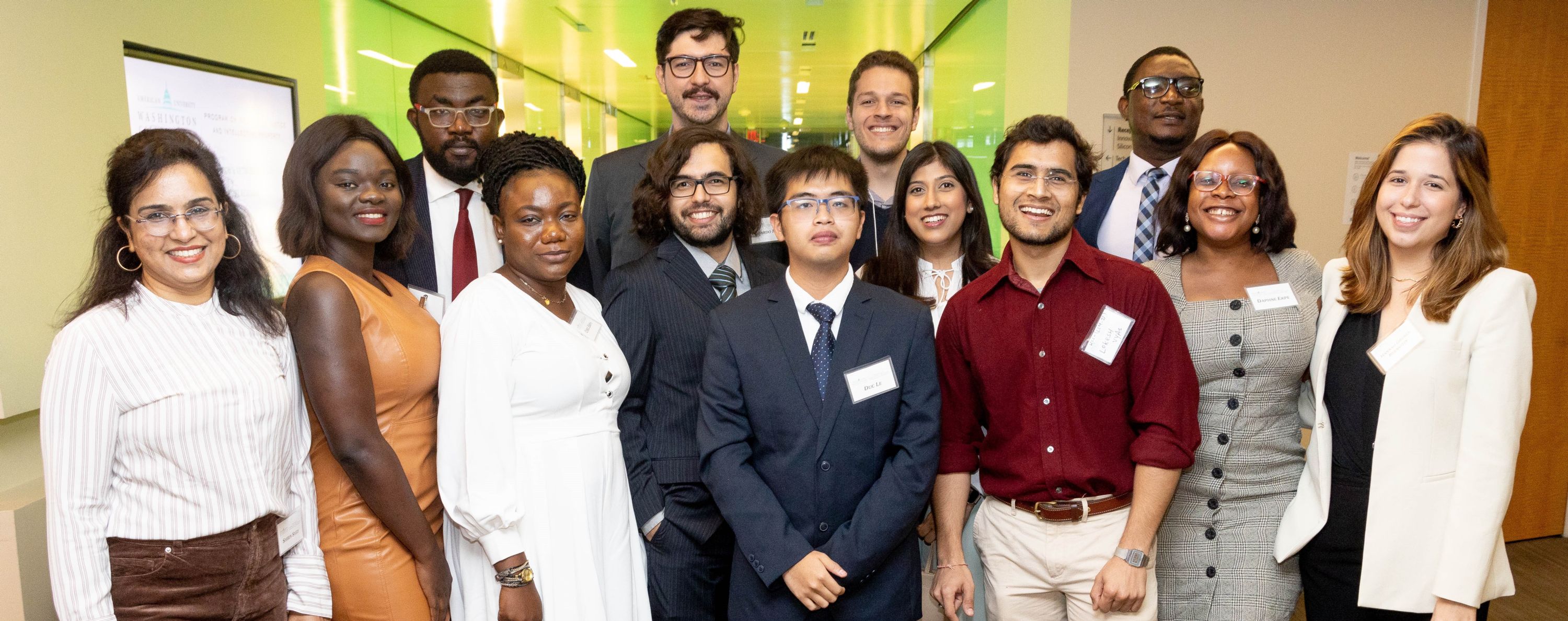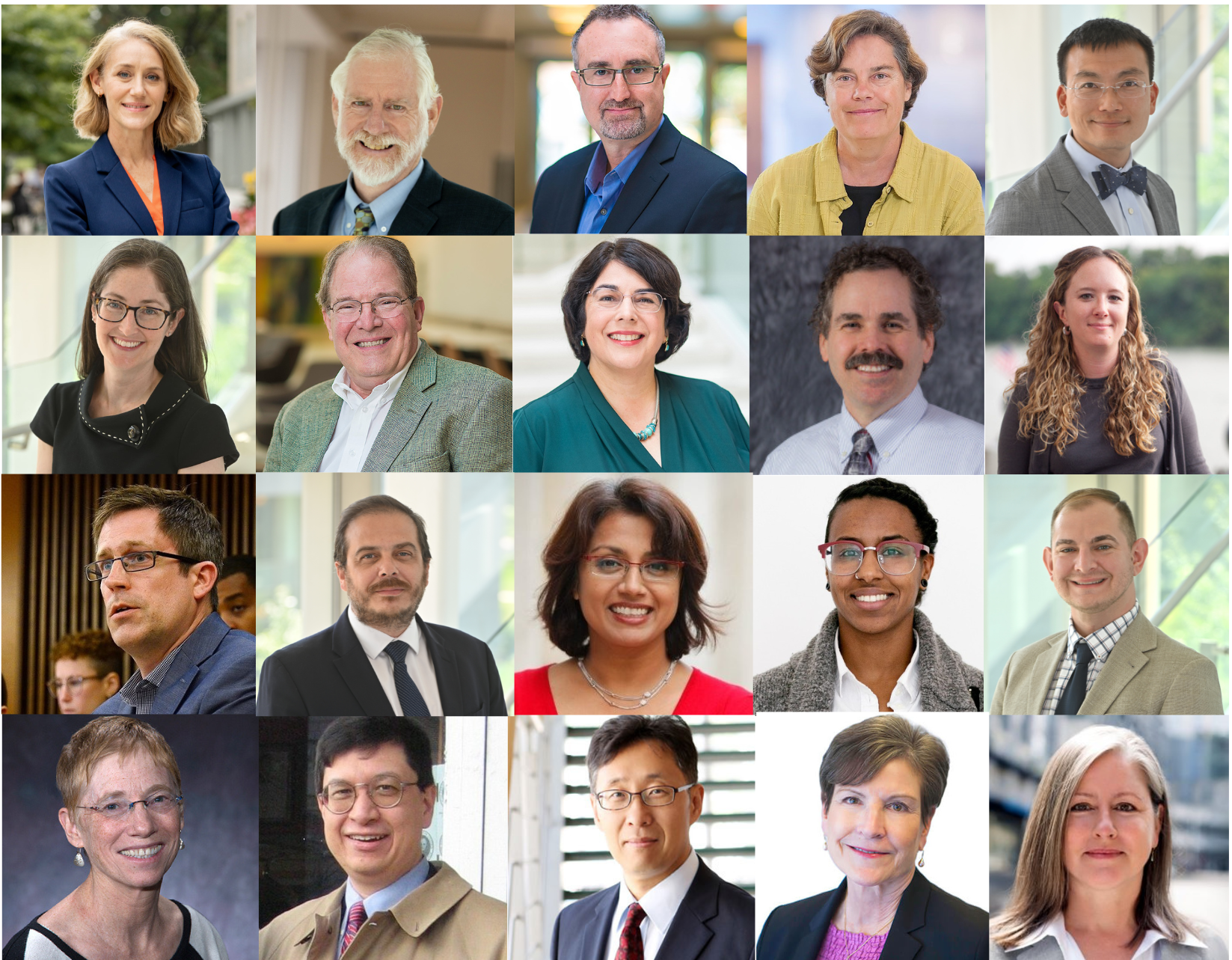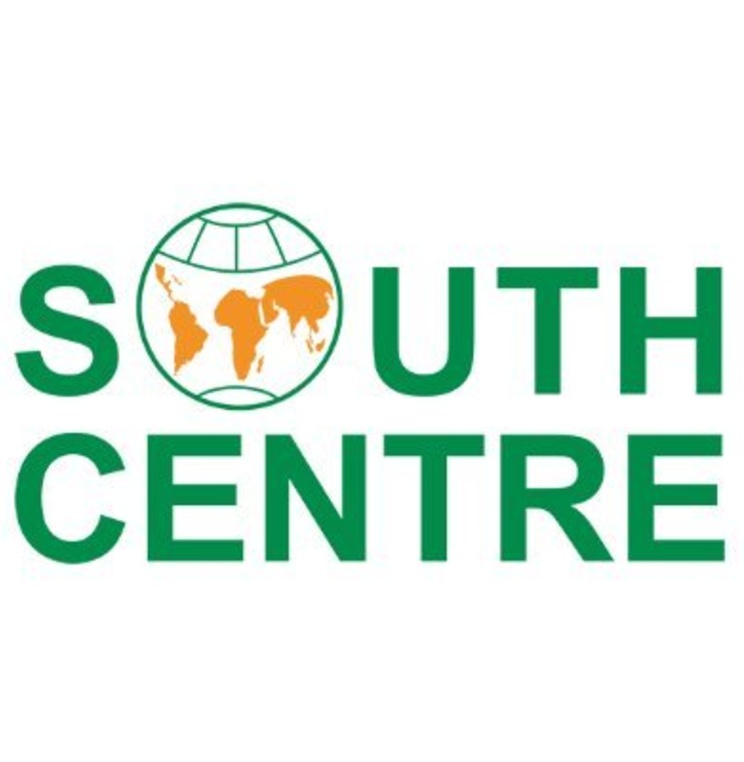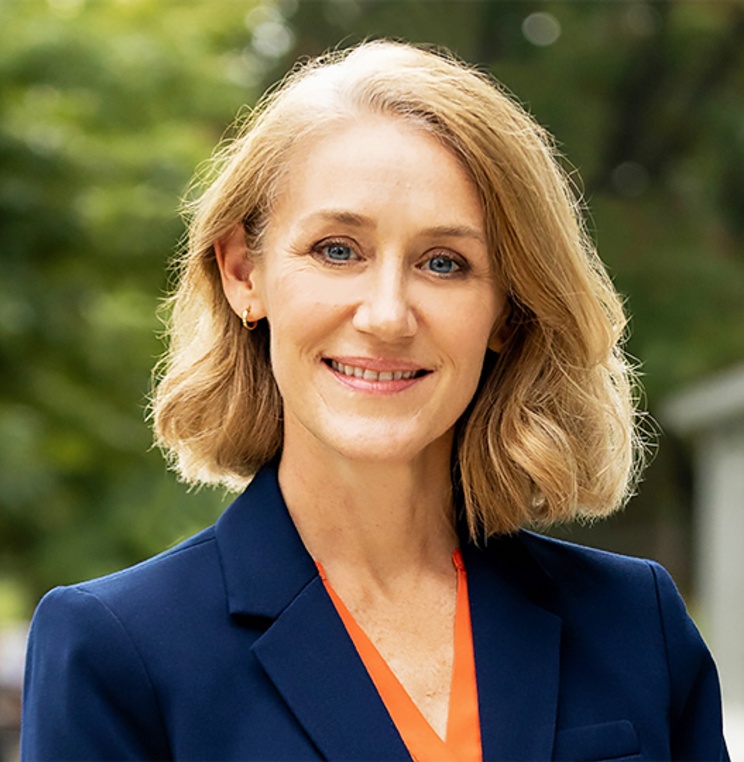LL.M in Intellectual Property & Technology
American University Washington College of Law offers one of the nation’s top LL.M. (Masters in Law) degrees in intellectual property and technology, with over 100 students from over 50 countries, and one of the largest intellectual property and technology faculties. Read more




